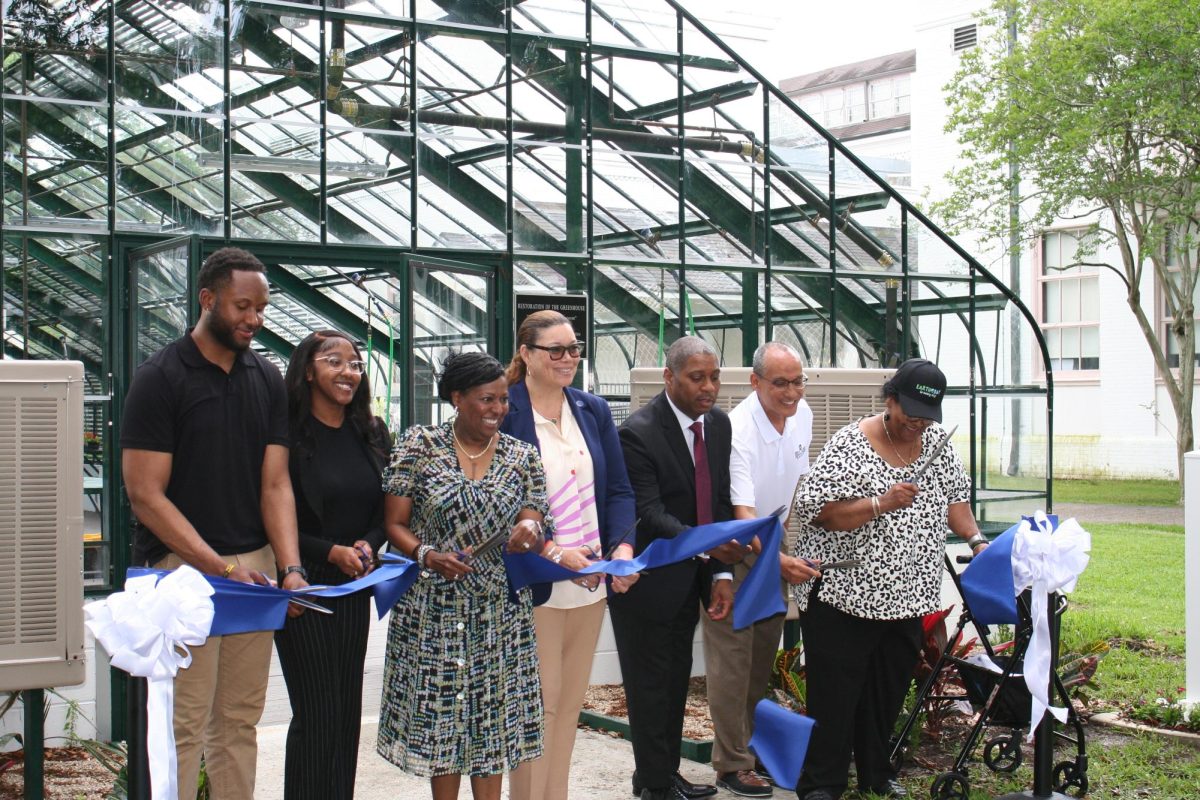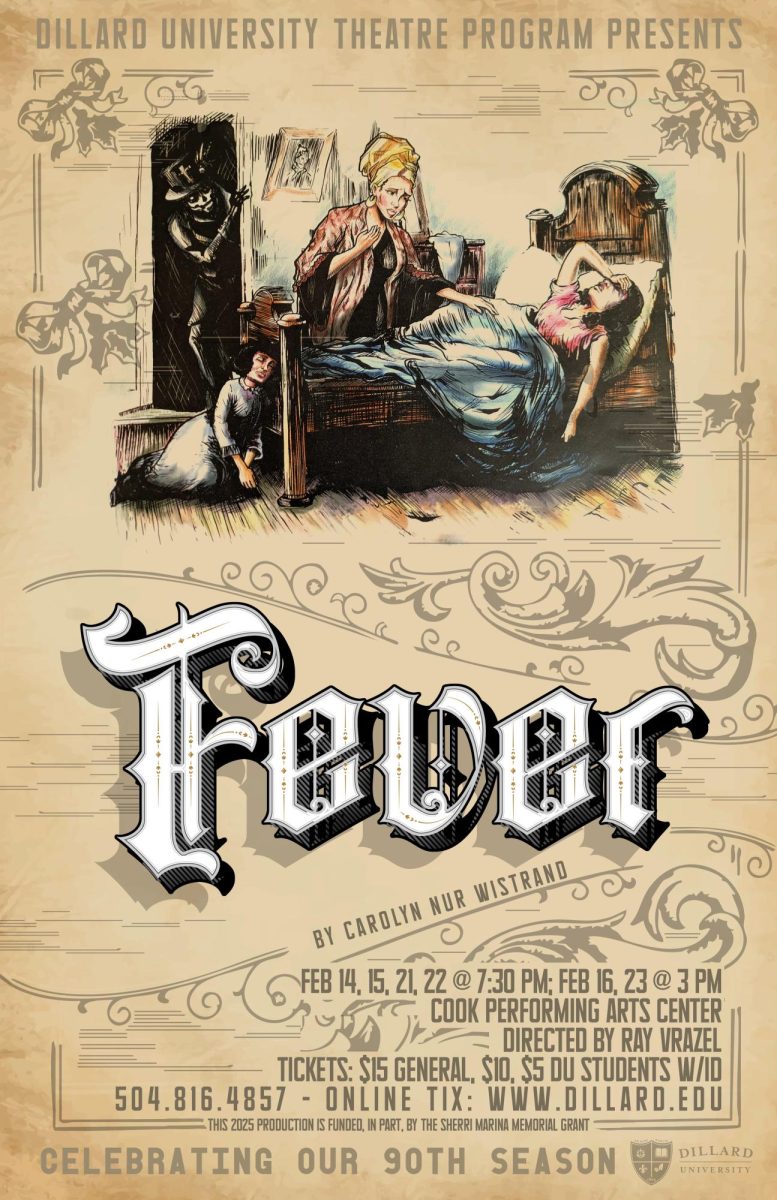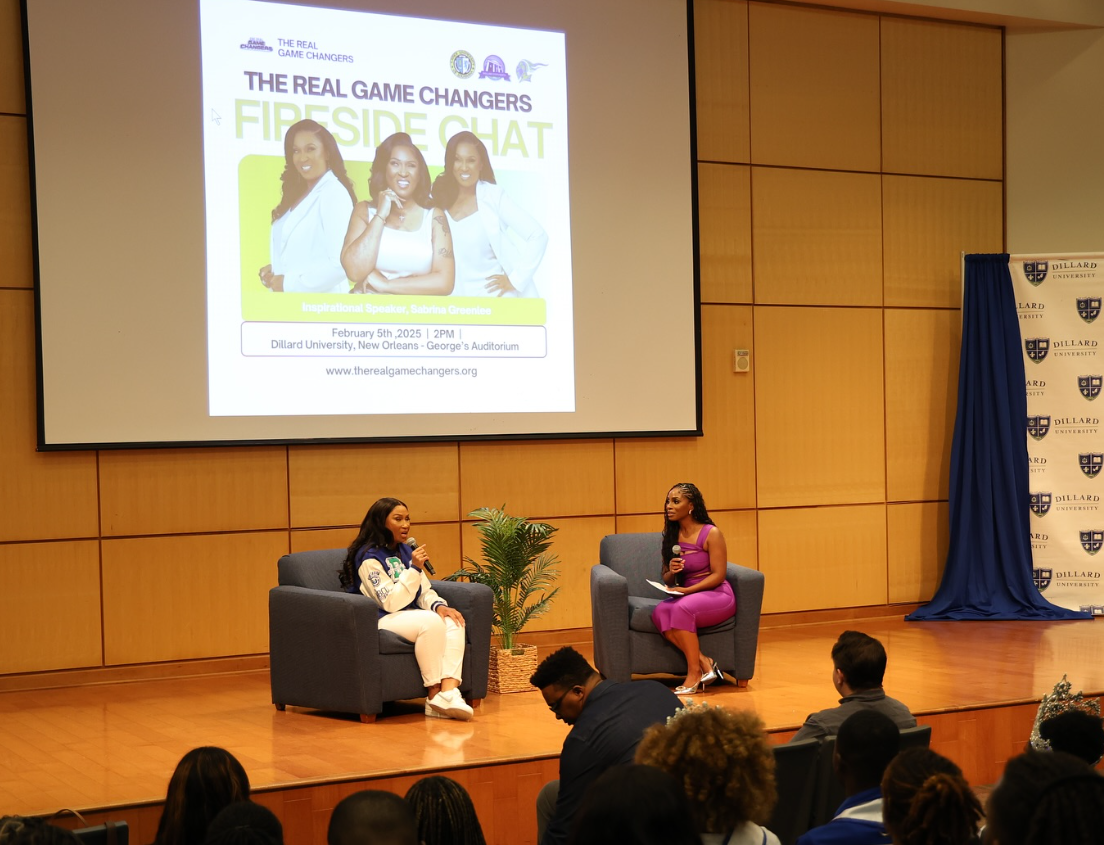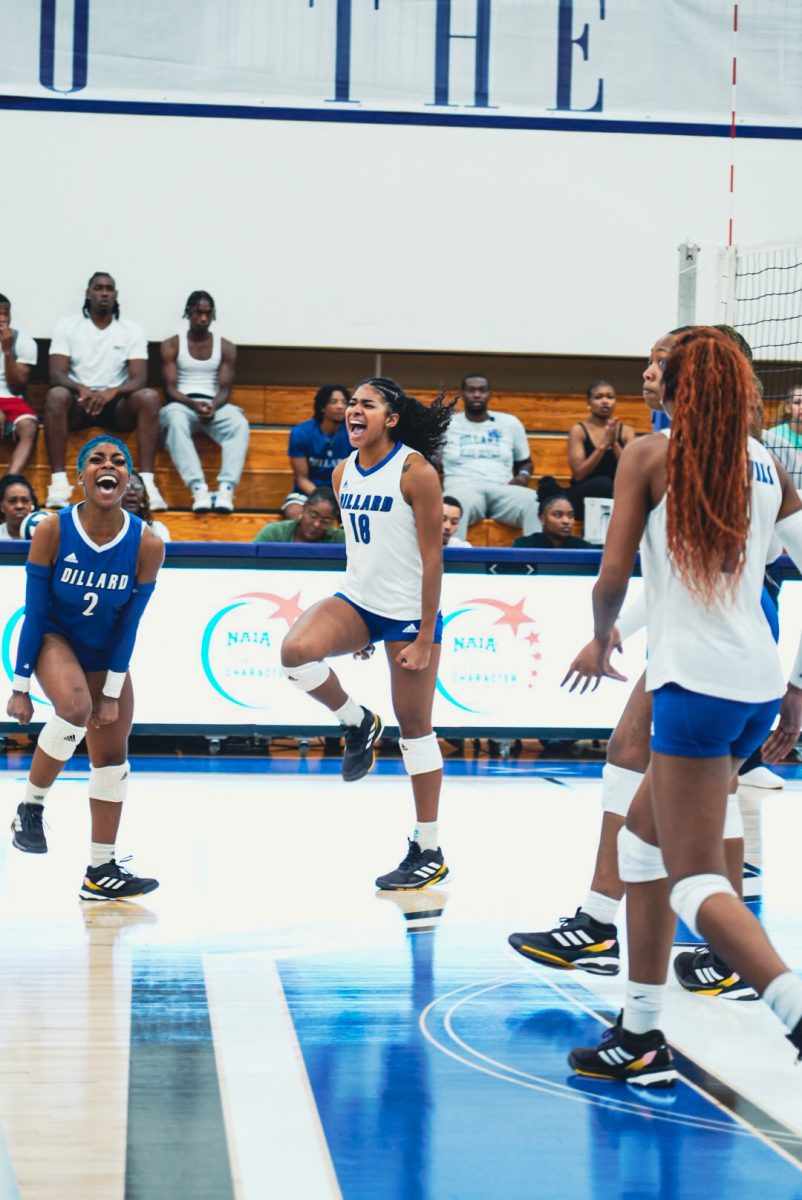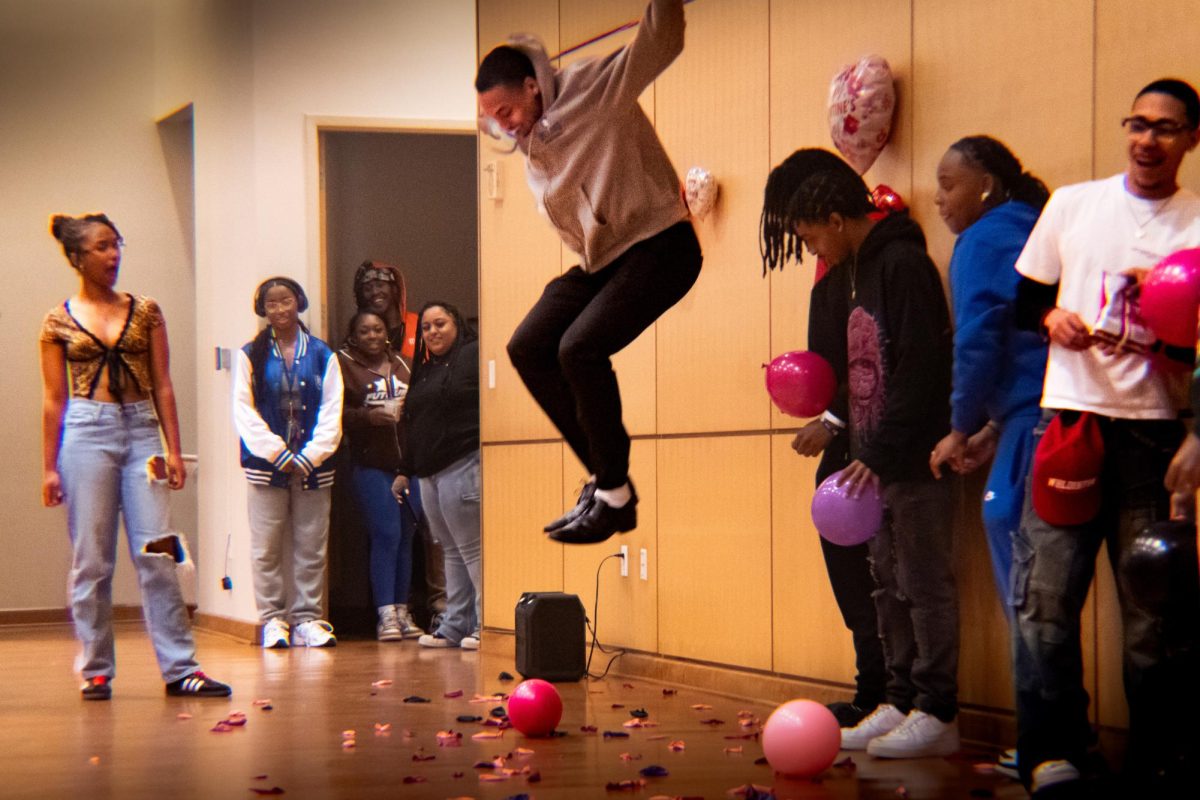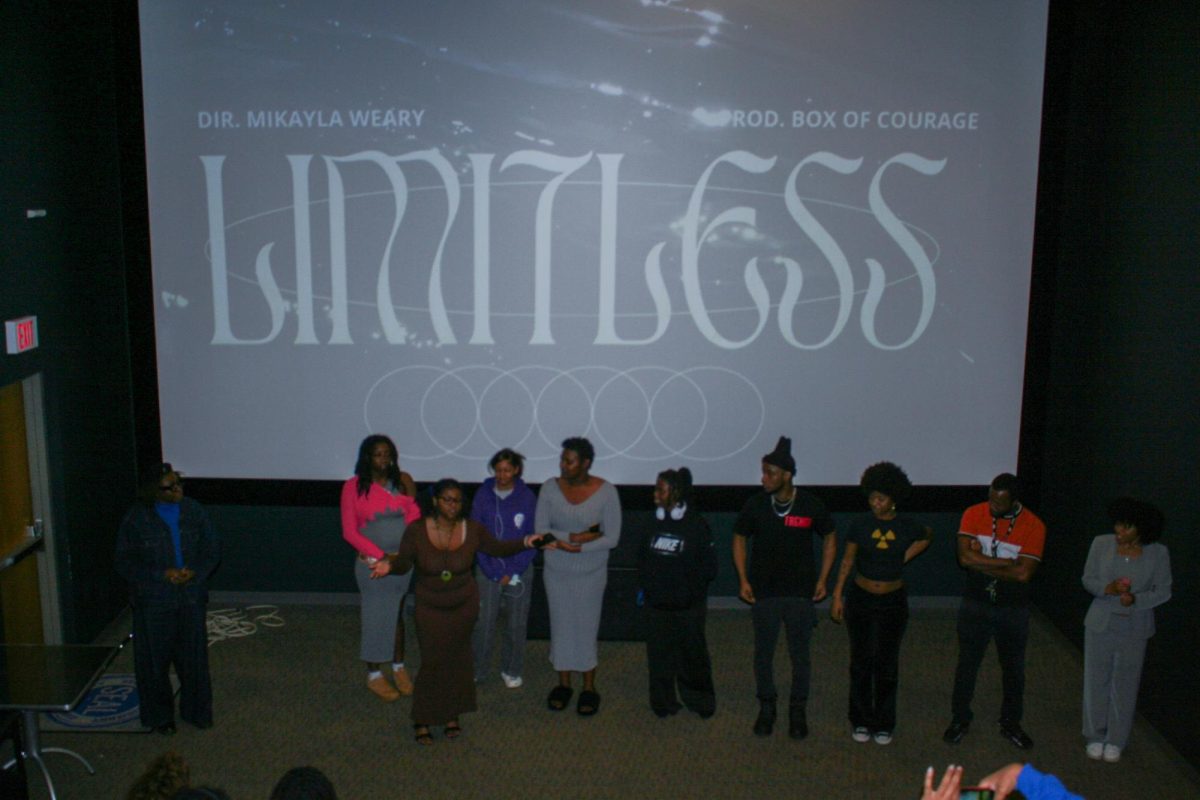Strong, intelligent and independent are the many terms used to describe a black woman. Now, AIDS is being added to the list. Representing only 12 percent of the population, African American men and women account for more than half of the AIDS cases in the United States.
Black women make up 72 percent of new AIDS cases, according to Antonne Moore, program director for the Black AIDS Institute, a non-profit organization dedicated to reducing HIV/AIDS in the black community.
In some cities, according to a representative from the AIDS crisis hotline, AIDS is the No. 1 killer of black women between the ages of 25 and 44. During a recent interview, Moore said a combination of factors like poverty, race and sexuality contribute to black women being the leading population of AIDS cases.
"We don’t see ourselves at risk and many people think HIV happens to others and not us," said Moore. Dillard students say that while peer pressure has been known to have a negative affect on many individuals, friends, in a positive effort toward saving a life, often force each other to practice safe sex.
"I have a big box of condoms in my room if anybody ever needs them and I keep one on my key chain," said Gary Butler, a junior political science major from Baker, La. In addition, Butler said he urges his peers to get tested on a regular basis.
"I think it is very necessary to get checked. I get tested every March and September and I encourage my friends but they act like they are afraid of the answer, which I think is very ignorant." Carla Banks, a senior physical therapy major from Los Angeles, Calif., is also in support of getting tested for AIDS, especially when having sex with a new partner.
"You have to make sure you don’t have anything before you sleep with people," said Banks. "It should be common sense to protect yourself and other people."
Although AIDS is noticeably rising in the community, some students are not necessarily aware of the serious nature of this disease.
According to statistics from the Kaiser Family Foundation State Health Fact Sheet, 75 percent of African Americans of all ages account for new AIDS cases in Louisiana and over 7,000 people have died from AIDS since December 2002. Many students who chose not to be identified have confessed to having unprotected sex on many occasions with several different partners.
They said the feeling of sex being all natural is worth the risk for the time being. Moore said that while sex is enjoyable, students should be aware of the need to protect themselves and in regards to HIV/AIDS, abstinence, of course, is the best alternative.
However, she said there are more than enough ways to stay safe. Countless efforts have been made by various universities to increase AIDS awareness, especially among black students.
Students at Johnson C. Smith University in North Carolina are required to take an HIV 101 seminar course as a part of their freshman orientation, according to Maya Gibbons, director of counseling and testing center at the university.
Additionally, Gibbons said a peer education program is active on the campus with 25 peer educators who provide a variety of prevention activities.
"Our main goal is to give students information on how to stay safe, protected and armed with proper prevention strategies," said Gibbons. Students have adhered to the many prevention methods and, as a result, have changed their past sexual behavior.
"I don’t rush into sex like I used to," said Butler. "In high school it was all about getting in the drawers." Moore advises students to recognize the value of their life and understand how simple and necessary it is to protect yourself. Moore said, "You have to realize your life is important and your life is worth saving."

